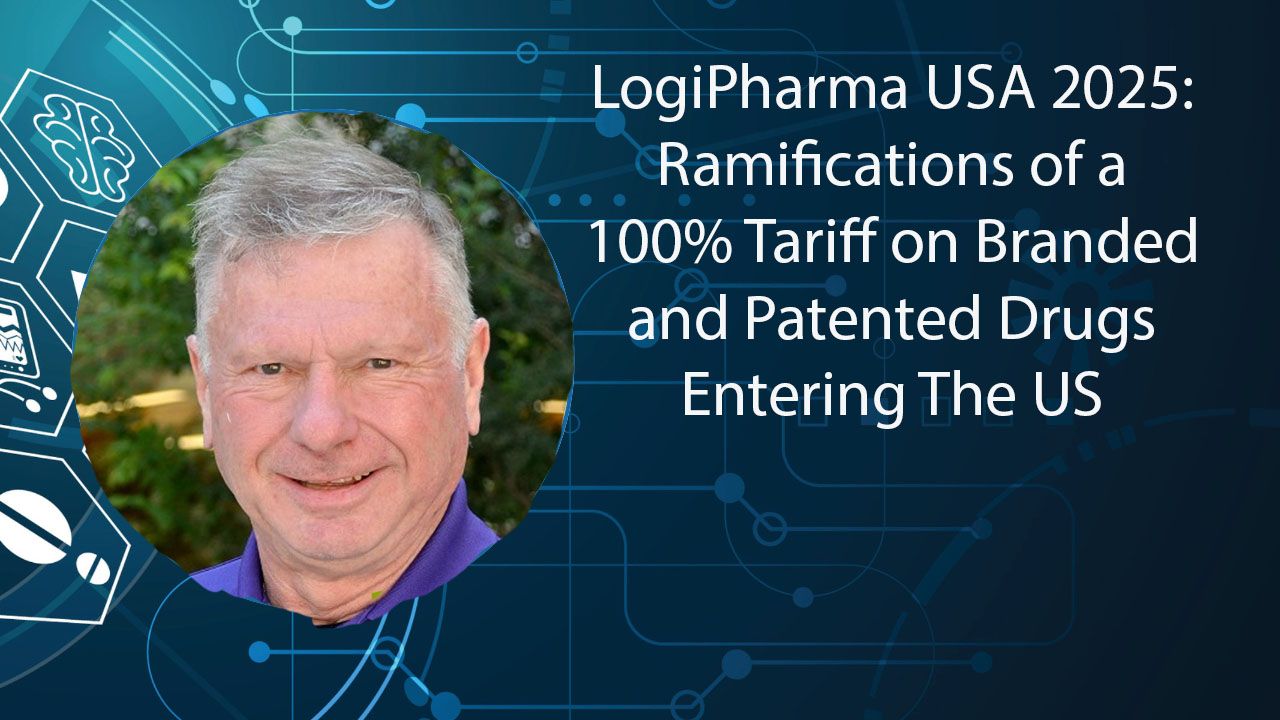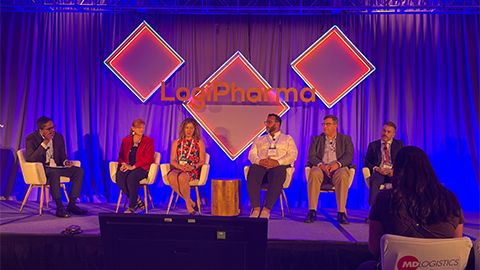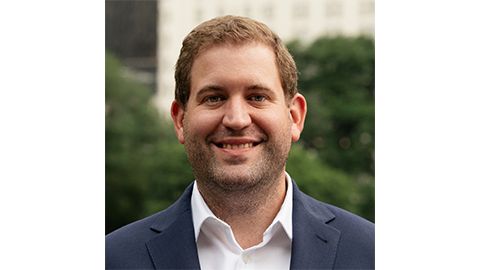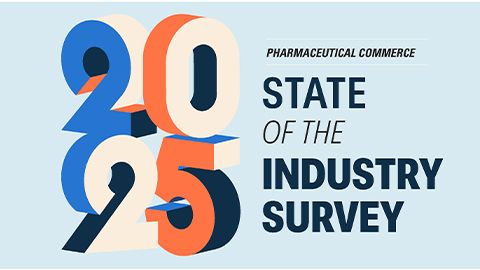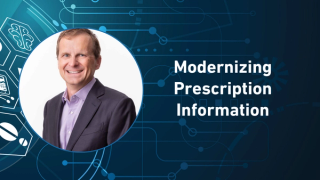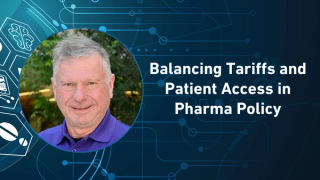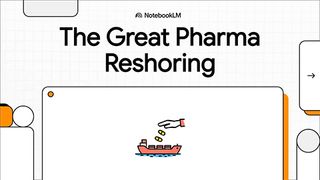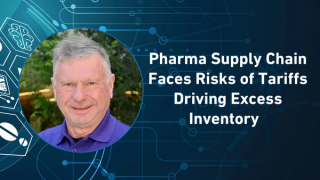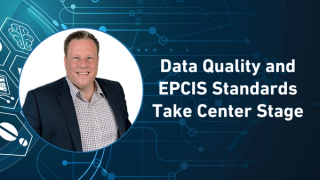
Legal & Regulatory
Latest News
Latest Videos

Podcasts
More News
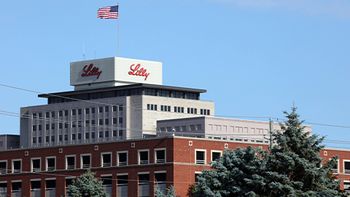
The Generation Park site will create over 600 permanent jobs, support advanced small molecule production, and play a role in scaling orforglipron, Lilly’s first oral GLP-1 receptor agonist for obesity.
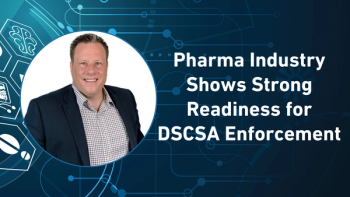
Ullrich Mayeski, community engagement director of health with GS1 US, explains how with over a decade of collaboration, manufacturers and distributors are largely prepared for DSCSA compliance. The remaining challenge lies in ensuring consistent readiness across dispensers, while maintaining open communication throughout the supply chain.
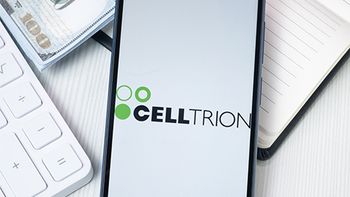
The South Korean pharma company’s US subsidiary is purchasing Eli Lilly’s Branchburg, NJ site to safeguard against potential tariffs. strengthen domestic production, and expands its biosimilar footprint.

New bipartisan legislation would give the FDA authority to modernize prescribing information, reducing waste while improving accuracy and patient care.
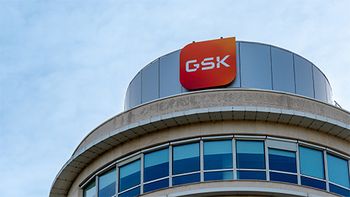
The pharmaceutical giant’s commitment includes a $1.2 billion investment in advanced facilities powered by AI and digital technology, strengthening biopharma manufacturing and clinical research across the United States.
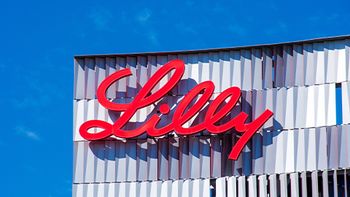
The new Goochland County facility will serve as Lilly’s first fully integrated API and drug product site, focusing on antibody-drug conjugates, while creating thousands of jobs and strengthening domestic supply chains.

The South Korean CDMO has signed its second multi-billion-dollar contract in less than a year, even as shifting US trade policies and looming tariffs create challenges for global drugmakers.
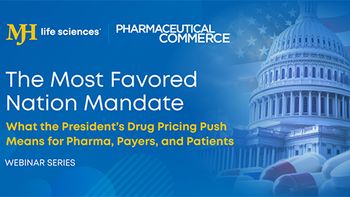
Key points from our recent webinar on the President’s MFN order.
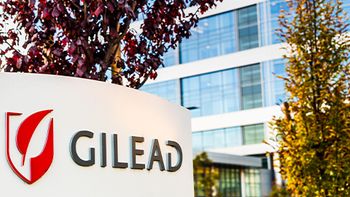
The new 180,000-square-foot facility in Foster City anchors the company’s long-term $32 billion investment in domestic manufacturing and R&D.

Following a federal appeals court decision that struck down much of his tariff authority under the International Emergency Economic Powers Act, President Trump is asking the Supreme Court to fast-track review.
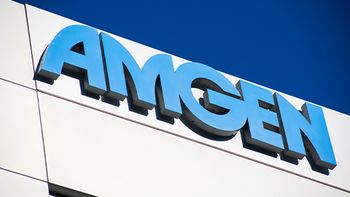
The company is committing over half a billion dollars to build a state-of-the-art research hub in Thousand Oaks, CA, designed to accelerate next-generation therapeutics through advanced automation and collaboration.
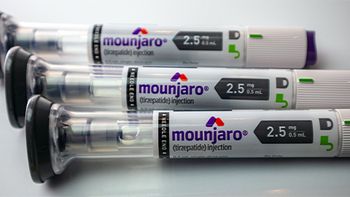
Lilly has temporarily halted UK shipments of Mounjaro until Sept. 1, when new list prices take effect.
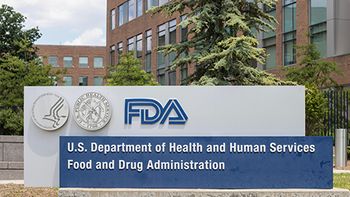
FDA approves COVID-19 vaccines from Moderna, Pfizer-BioNTech, and Novavax targeting the LP.8.1 sublineage of SARS-CoV-2, with eligibility limited to adults aged 65 years and older and those with underlying medical conditions that place them with a high risk for severe disease.

As of today, Aug. 27, wholesale distributors must fully comply with the Drug Supply Chain Security Act’s enhanced drug distribution requirements, closing the FDA’s exemption period and advancing efforts to strengthen patient safety and supply chain integrity.
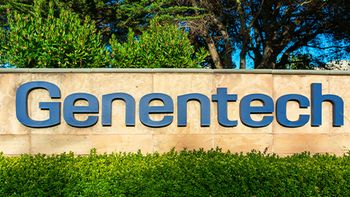
The new 700,000-square-foot Holly Springs site—part of Roche’s $50 billion US investment plan—will focus on metabolic and obesity treatments, create 400 jobs, and strengthen domestic biopharma manufacturing amid shifting tariff and drug pricing policies.
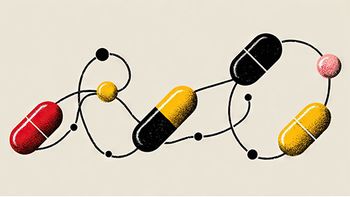
Addressing the most common concerns surrounding the legislation intended to establish interoperability within the pharma supply chain.

A federal judge tripled damages against the pharmacy benefits manager after finding it encouraged inflated Medicare drug claims and underpaid pharmacies.
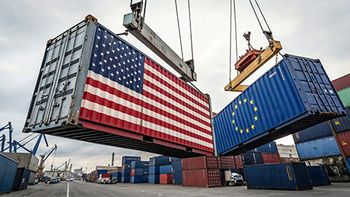
The new framework, set to take effect Sept. 1, limits tariffs on pharmaceutical imports to 15% but follows months of shifting proposals, including threats of tariffs as high as 250%.

This episode of Pharma Pulse covers Novo Nordisk’s FDA win for Wegovy in MASH-related liver fibrosis, new research on a promising drug combination against resistant influenza strains, and how community pharmacies are strengthening healthcare access in underserved areas.

Amid the topsy-turvy developments in global trade, one message appears certain for pharma manufacturers: the escalating need to stockpile inventory in the US.
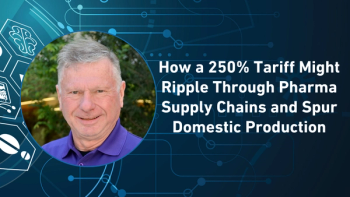
In the second part of his Pharma Commerce video interview, Dave Malenfant, a healthcare supply chain expert, outlines how the impact of a steep pharmaceutical import tariff varies across raw materials, components, and finished products, along with why such a policy could incentivize companies to shift production to the US.

Two Labs’ Michael Rowe assesses the industry’s level of preparation, including challenges stakeholders have encountered along the way.

The directive calls for building a six-month Strategic Active Pharmaceutical Ingredients Reserve, updating the essential medicines list, and prioritizing US-made APIs.
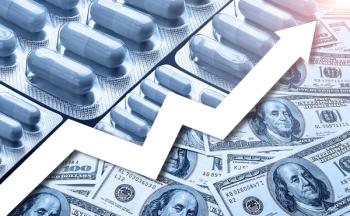
As pharma drug pricing debates heat up, the 340B program faces mounting challenges from outdated regulations, duplicate discounts, and limited transparency.

The new North Chicago facility, slated to open in 2027, will boost domestic production of key drug ingredients for immunology, neuroscience, and oncology therapies, reinforcing US pharmaceutical capacity amid industry reshoring and tariff concerns.

